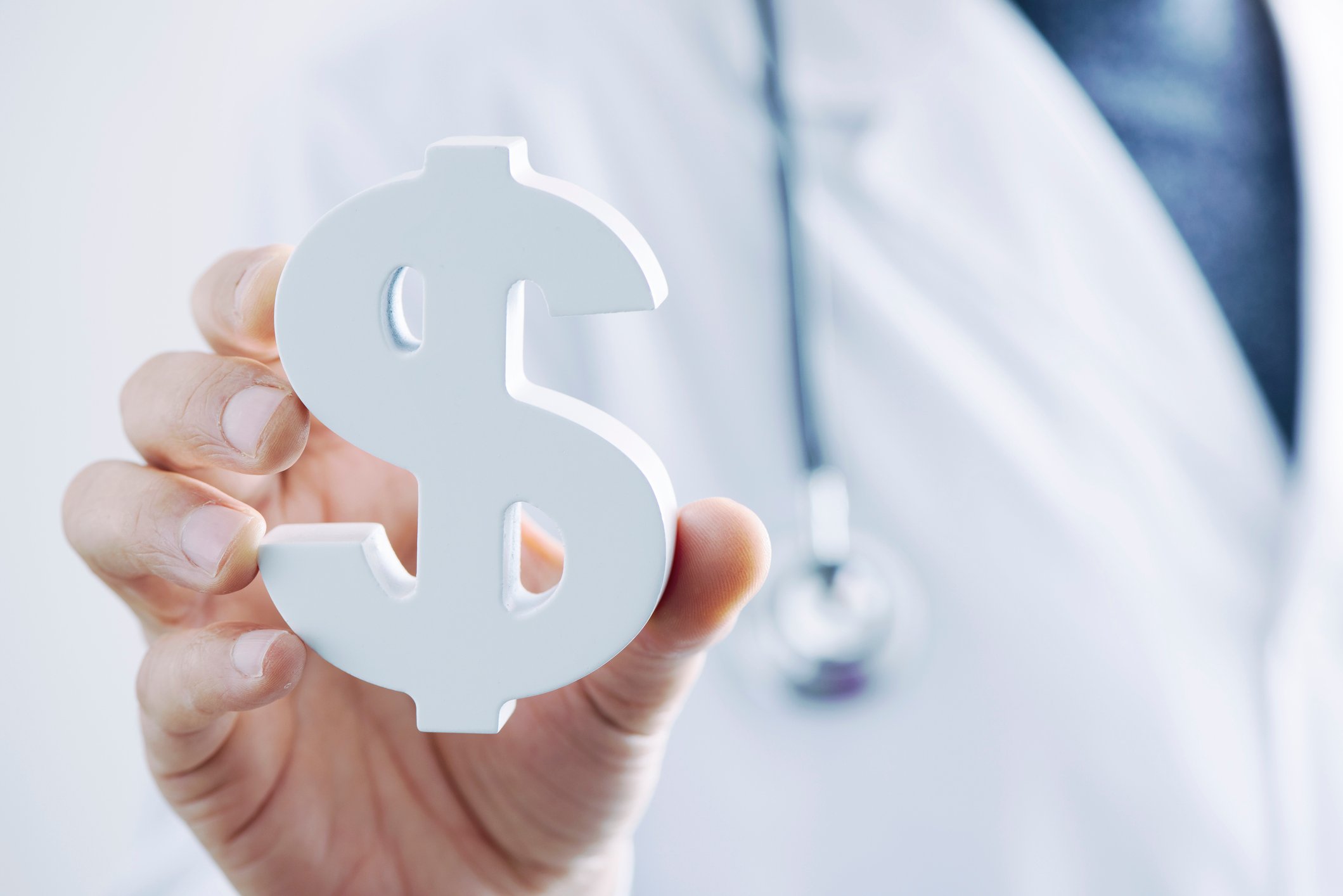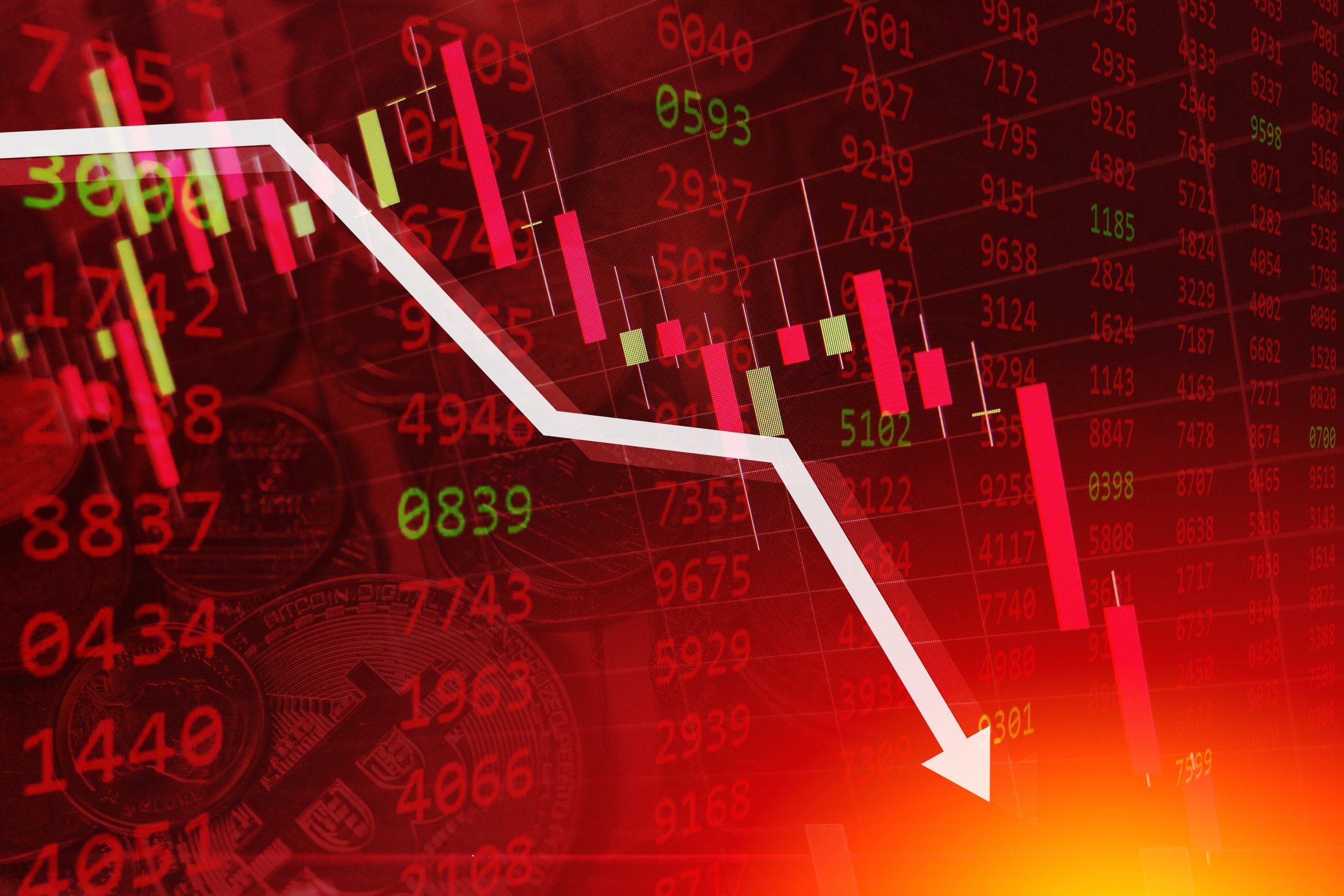What happened
After the Massachusetts-based healthcare company reported third-quarter revenue on Tuesday that beat analysts' outlook, Insulet's (PODD 1.20%) shares are rallying 10.6% higher at 2:30 p.m. EST on Wednesday.
So what
Less than one-third of the 1.5 million Americans with type 1 diabetes are using pumps that make daily insulin dosing simpler, but the number of pump users is increasing and that's driving significant top-line growth at Insulet, the only manufacturer of a tubeless insulin pump.

IMAGE SOURCE: GETTY IMAGES.
Increasing adoption of Insulet's Omnipod resulted in revenue of $192.1 million in the third quarter, up 27.2% year over year. That was $12.6 million better than industry analysts were expecting and well above management's prior guidance for between $174 million to $181 million in sales. Overall, a 34% increase in worldwide Omnipod revenue more than offset a 21% slide in revenue associated with using Omnipod to deliver other medications.
Gross margin was in line with its 64.1% forecast and operating income totaled $17 million, up from $6.9 million last year. However, gross margin was 3% lower than one year ago because of manufacturing investments it hopes will lower costs in the future. During the company's conference call, management reiterated its 70% gross margin target for 2021.
Now what
The strong revenue performance is particularly impressive because it came despite stiff competition from Tandem Diabetes' (TNDM +3.40%) t:slim X2 with Basal IQ, a first-generation automated insulin pump designed to reduce the risk of blood sugar lows. Tandem recently reported sales that more than doubled year over year in the third quarter because of increasing demand for the t:slim X2.
The ability to generate better-than-hoped top-line results in the face of competitive headwinds last quarter now has Insulet expecting to deliver full-year sales of at least $722 million, a 28% improvement from 2018. Management had previously anticipated a sales increase of between 24% to 27% to at least $700 million.
The improved guidance is particularly encouraging given that Insulet's own automated insulin system is approaching the finish line. If that system secures an approval from the Food and Drug Administration, it should be able to compete even better against Tandem's pump. A pivotal three-month trial is expected to begin enrolling patients early next year, and if successful, Insulet hopes to make its automated option available in late 2020.







